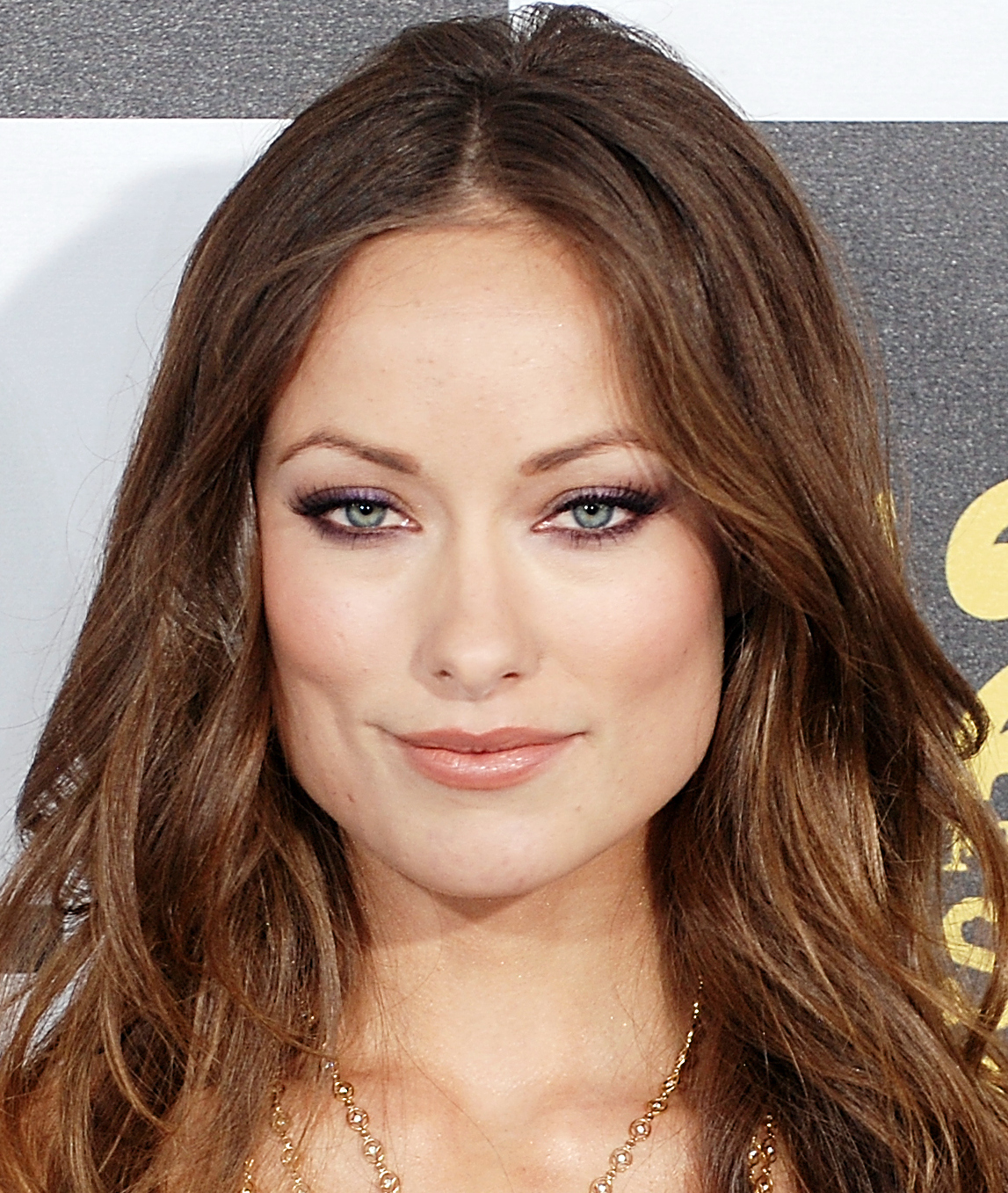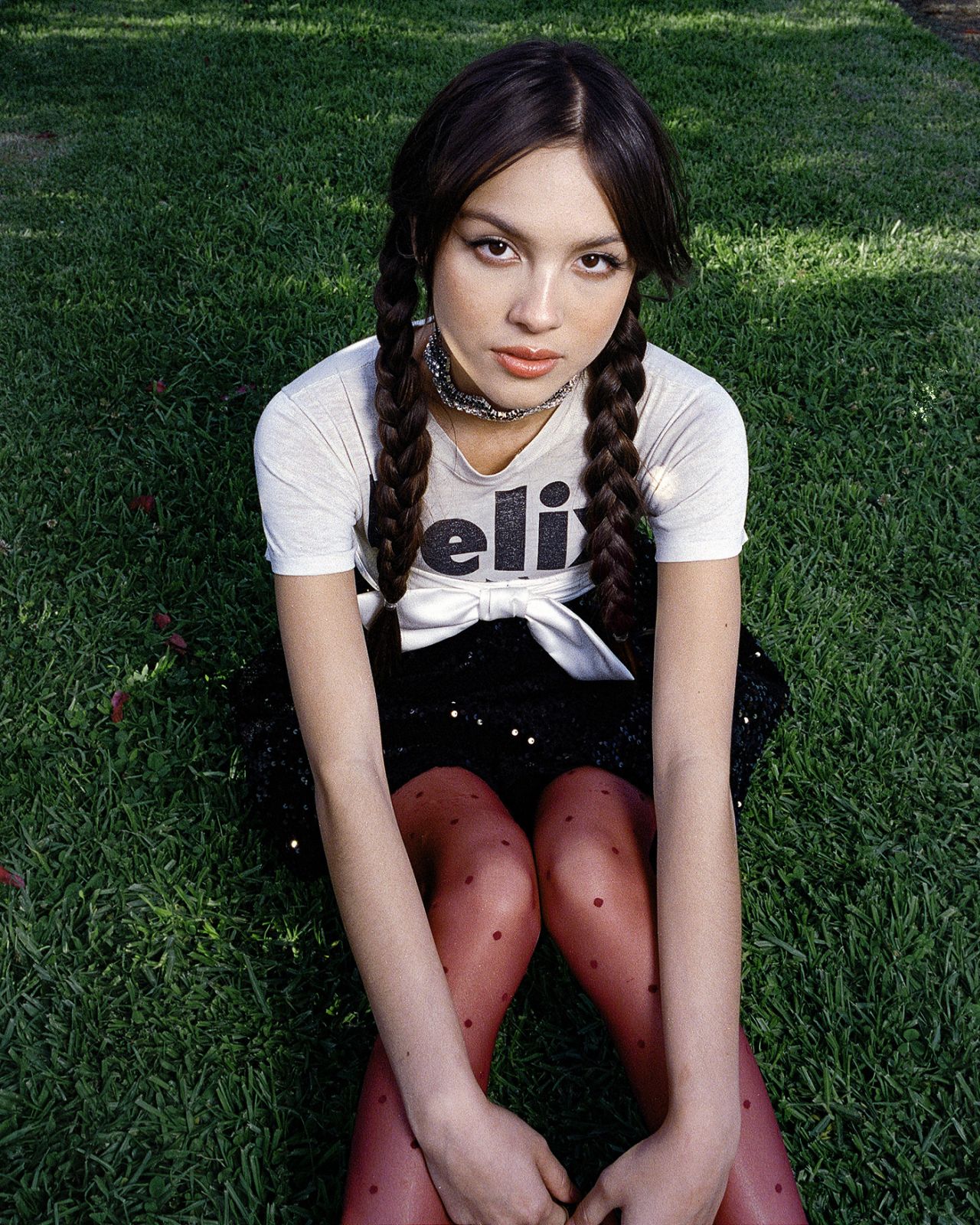In a world where technology continues to evolve at an astonishing pace, the emergence of deepfake technology has sparked debates and concerns across various sectors, particularly in entertainment and social media. The case of Olivia Rodrigo deepfake has drawn significant attention, as it raises questions about identity, consent, and the implications of such advanced technology. As a popular singer-songwriter and actress, Rodrigo has captured the hearts of many, making her a prime target for digital manipulation.
Deepfake technology uses artificial intelligence to create realistic-looking fake videos or audio recordings of individuals, often resulting in the proliferation of misleading or damaging content. For someone like Olivia Rodrigo, who has built her career on authenticity and emotional connection, the idea of being subject to deepfake manipulation can be unsettling. The potential for misrepresentation not only threatens her personal brand but also raises ethical questions about the boundaries of creativity and consent in the digital age.
As we dive deeper into the phenomenon of Olivia Rodrigo deepfake, we will explore the implications of this technology, its impact on celebrities, and the ongoing discussions surrounding privacy and personal agency. Through this exploration, we aim to shed light on the complexity of deepfake technology and its far-reaching effects on society.
Who is Olivia Rodrigo?
Olivia Rodrigo is a multi-talented artist known for her powerful voice, songwriting skills, and acting prowess. She gained fame as an actress in Disney’s “High School Musical: The Musical: The Series,” but it was her debut single “drivers license” that catapulted her into global stardom. Rodrigo’s music resonates with young audiences, as she often draws from her personal experiences to create relatable and heartfelt lyrics.
Personal Details and Bio Data
| Attribute | Details |
|---|---|
| Name | Olivia Rodrigo |
| Date of Birth | February 20, 2003 |
| Place of Birth | Temecula, California, USA |
| Occupation | Singer-songwriter, actress |
| Genres | Pop, rock, alternative |
| Instruments | Vocals, piano, guitar |
| Years Active | 2020 – present |
What is Deepfake Technology?
Deepfake technology refers to the use of deep learning algorithms to create hyper-realistic fake media, often merging or replacing faces in videos or audio recordings. This technology has gained notoriety for its potential to deceive viewers and listeners, making it difficult to discern what is real and what is fabricated.
How Does the Olivia Rodrigo Deepfake Controversy Unfold?
Olivia Rodrigo deepfake content has surfaced online, leading to a whirlwind of discussions and concerns. These manipulated videos often portray her in scenarios that are fabricated, raising alarm among her fans and the entertainment community. The unauthorized use of her likeness not only infringes on her rights but also poses a risk to her reputation and mental well-being.
What Are the Ethical Implications of Deepfake Technology?
The emergence of deepfake technology has led to a myriad of ethical concerns. The misuse of an individual’s likeness, especially without their consent, raises questions about personal agency and control over one’s image. Celebrities like Olivia Rodrigo, who are in the public eye, are particularly vulnerable to such manipulations, which can distort their public persona and affect their mental health.
What Measures Are Being Taken to Combat Deepfake Content?
In response to the growing concerns surrounding deepfake technology, various organizations and governments are taking steps to combat the spread of misleading content. Initiatives include:
- Implementing stricter laws and regulations regarding the creation and distribution of deepfake media.
- Developing advanced detection tools to identify and flag deepfake content.
- Promoting digital literacy to educate the public about the potential dangers of manipulated media.
How Can Celebrities Protect Themselves from Deepfake Manipulation?
As the threat of deepfake technology looms large, celebrities like Olivia Rodrigo can take proactive measures to protect themselves:
- Engaging in open discussions about the implications of deepfake technology.
- Collaborating with tech companies to develop solutions for identifying and removing deepfake content.
- Utilizing social media platforms to clarify any misinformation that might arise due to deepfake videos.
What Does the Future Hold for Deepfake Technology and Celebrities?
The future of deepfake technology remains uncertain, with potential for both positive and negative applications. While it can be used for creative storytelling and entertainment, the risks of misrepresentation and abuse cannot be overlooked. As society grapples with the implications of Olivia Rodrigo deepfake and similar controversies, it is crucial to strike a balance between innovation and ethical considerations.
Conclusion: Navigating the Complexities of Deepfake Technology
The emergence of Olivia Rodrigo deepfake highlights the challenges posed by advanced technology in the realm of personal identity and consent. As deepfake technology continues to evolve, it is imperative for society to engage in constructive conversations about its implications. By understanding the risks and advocating for responsible use, we can work towards a future where creativity does not come at the expense of personal agency and authenticity.
Unraveling The Health Issues Of Anant Ambani
Unraveling The Mystery: Kate Mantsho Age At Death
Unveiling The Journey Of Morgan Brennan: A Trailblazing Journalist



ncG1vNJzZmickaG8s7GNppxnrZtkwq%2FCxKKjoqaXYsGpsYycpqesoqTDpr7SsmSsraKnvLa6w6KloGWfoba3tcBmqaicop60sHnDnpypnpGgsm%2B006aj